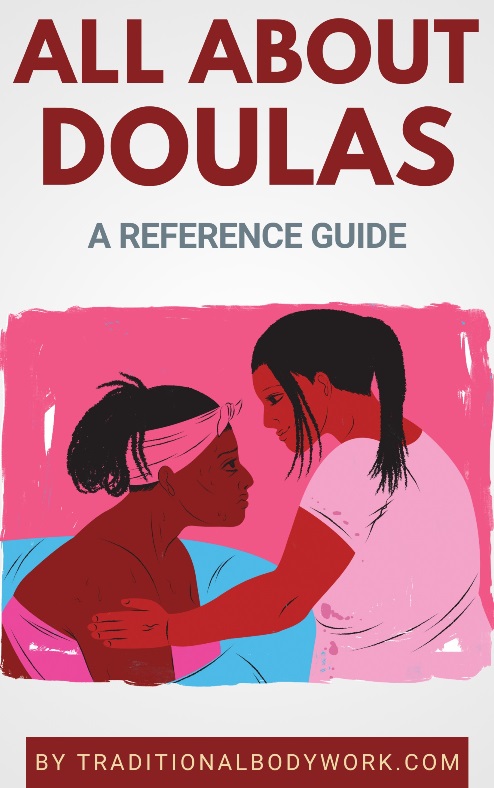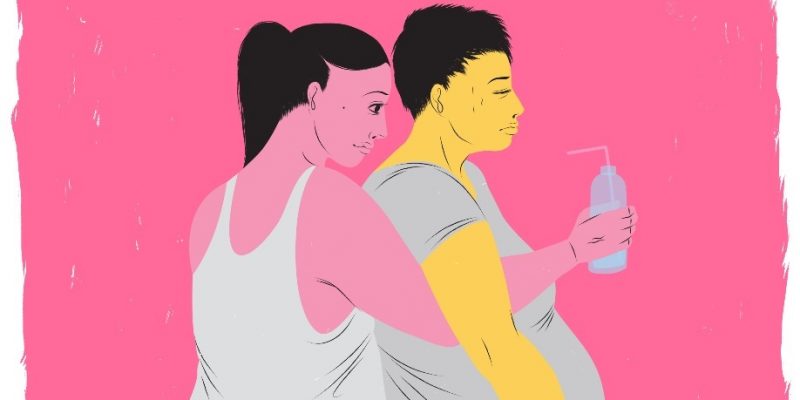
Apart from giving informational, educational, physical, and emotional support to their clients, a very important role of Doulas is intentional and nonjudgmental advocacy for their clients. The term advocacy can be defined as supporting, pleading, or arguing for a cause, policy, or interest, etc.

Doulas help advocate for their client in their most vulnerable times, for instance in the labor process, the immediate postpartum period, in illness, or in the moment of dying, and in general in their moments of communication with healthcare providers.
Doulas will help ensure through clear communication with the applicable third-parties that the client’s voice is heard and that their concerns, wishes, preferences and legal rights are honored by the medical or healthcare team. In addition, the Doula helps to ensure that the client gets appropriate and correct medical information and that it’s clear and thorough.
Moreover, Doulas can help diminish the impacts of racial bias, gender bias, and other types of inequality found in healthcare institutions. Often, particularly in Black, Latino, Indigenous, low-income, and/or LGBTQ+ communities, Doulas will advocate for the person navigating a healthcare system that may discriminate against them or doesn’t meet their needs.
It’s important to acknowledge here that the advocacy role does not include the Doula speaking instead of the client nor making decisions for the client. The advocacy role is rather that of support, information, mediation, and/or negotiation, and also that of teaching their clients self-advocacy skills.














